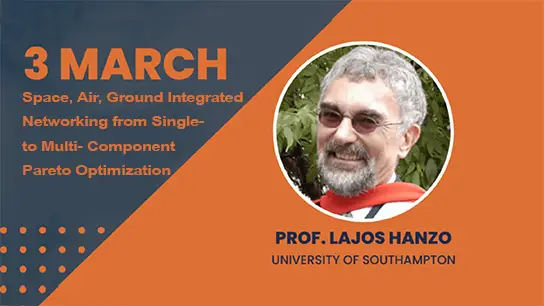Keynote: Learning-based Representations and AI-supported Optimisation for Engineering Applications
Stefan Menzel, Honda Research Institute Europe, Offenbach/Main, Germany
-
Members: FreeCIS
IEEE Members: Free
Non-members: FreeLength: 1:02:49
Keynote
27 Jun 2024
Stefan Menzel, Honda Research Institute Europe, Offenbach/Main, Germany
ABSTRACT: Artificial intelligence successfully contributed to system design and optimisation from a variety of perspectives and on different granularity levels in industrial applications over many years. Among them are aspects like revealing hidden information from data to increase optimisation efficiency, learning surrogate models of costly simulation data for fast optimisation runtime, transferring knowledge between tasks for exploiting synergies, or exploring recently developed deep learning architectures for flexible shape generation. In a cooperative fashion, humans acquire a deeper understanding of the application problem, process parameter adaptations to save resources, and explore the search space to find innovative solutions. These are important aspects when it comes to design optimisation in the automotive industry. Here, e.g., we search for optimal geometries for aerodynamic efficiency or crash safety, apply topology optimisation for generating design concepts including human preferences, or use geometric deep learning to build efficient shape representations for design optimisation. However, with the current advances in processing large data sets for generative AI systems and text-to-X models, we can explore new ways of design optimisation and interfacing by tackling research questions such as the need to assess the quality of generative models for engineering applications, as well as cooperation between humans and computers for informed decision-making.


